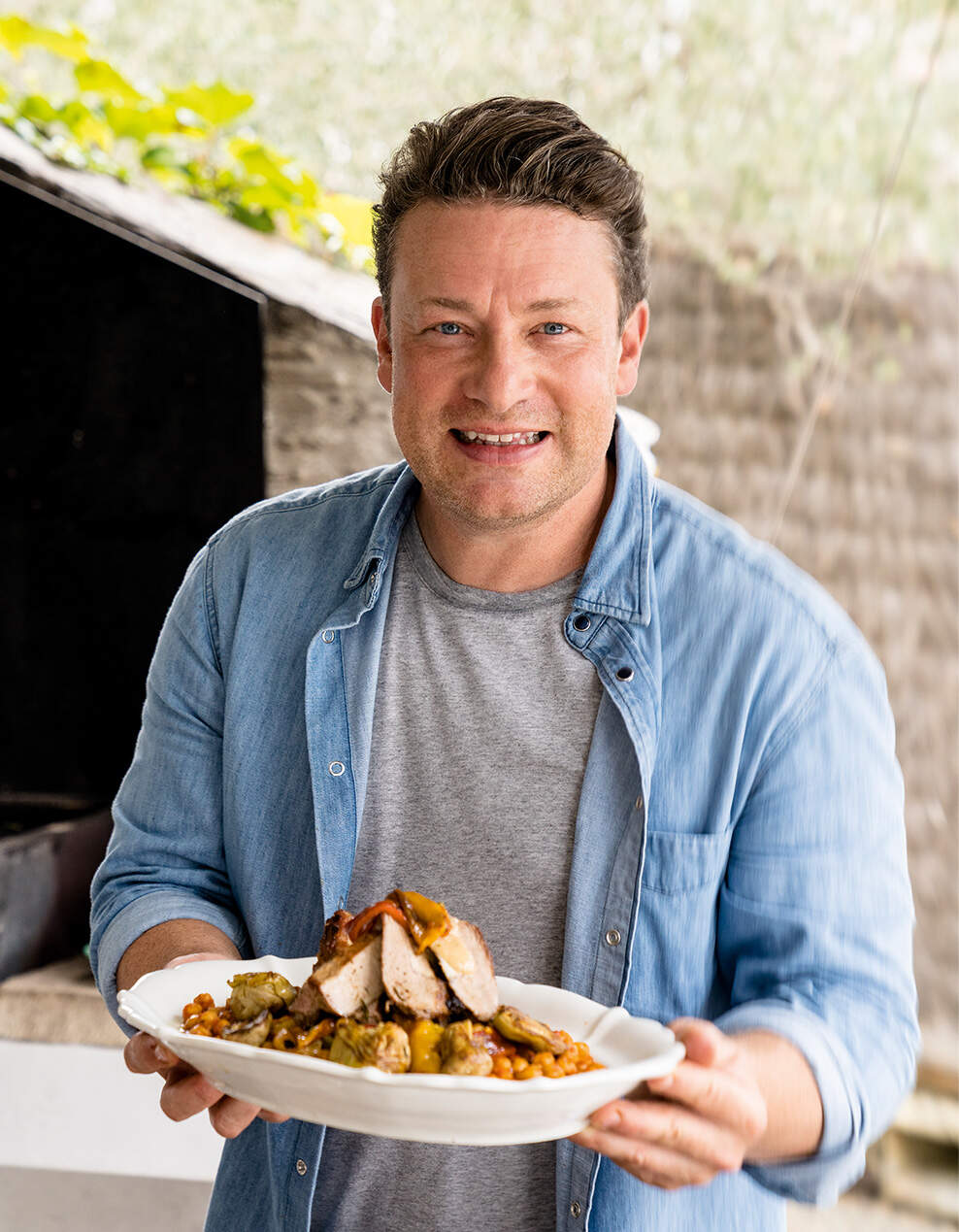
There are so many pie crust and dough recipes out there — including many in our own Recipes archive — that it’s no wonder there’s confusion about which is best. If you know me well, you already know what I’m about to say: There is no “best” overall pie crust recipe, because that term is subjective, and the biggest variable is you, the baker, and your pie-baking experience.
In its most pared-down form, pie dough requires only flour, fat and liquid, most commonly water. Even with so few ingredients, there are many options for each, and that’s before considering other add-ins you might find in various pie crust recipes, such as eggs, sugar, vodka and vinegar.
I consulted a few trusted pie experts, and even among them, there were disagreements over how beneficial certain ingredients are to pie dough. But their advice — broken down by ingredient and variables below — should help you find the pie crust recipe that is best for you.
If you have just one type of flour in your pantry, chances are it’s all-purpose. “For a classic pie dough, nothing beats all-purpose flour,” Erin Jeanne McDowell wrote in “The Book on Pie.” Even so, it can be bleached or unbleached, and the protein content can vary among brands even within one category. Other types include cake, pastry, bread and whole-wheat flours, to name just a few.
For the most part, there isn’t much of a difference in the final pie product whether you use bleached or unbleached flour, McDowell wrote. Different flours absorb moisture differently, but the biggest factor in your decision is a flour’s ability to form gluten, which typically correlates with its protein content.
“Flour high in protein requires more water and forms gluten more readily, which makes the dough made from it stretchy and hard to roll thin, resulting in a chewy or tough crust,” Rose Levy Beranbaum wrote in “The Pie and Pastry Bible.” “Flour low in protein, such as cake flour, will usually produce a dough that is so tender it tears when it is transferred to the pie pan and develops cracks during baking.” As such, her preference is for pastry flour, which has a protein content between all-purpose and cake flours. (An instant flour, such as Wondra, behaves similarly.)
Pastry chef Camari Mick of Raf’s and Musket Room, both in New York City, uses a combination of approximately 80 percent all-purpose and 20 percent whole-wheat flours. “I do that because I like to see a little bit of color in all of my doughs,” she said, and she also enjoys that it gives “a little bit more robust flavor, too.” While whole-wheat flour is typically higher in protein than all-purpose, its structure inhibits its gluten-forming ability, so you want to keep the ratio low. “You don’t want to mess with the gluten development.”
How to choose pie crust ingredients for the dough you want - The Washington Post
Read More

No comments:
Post a Comment